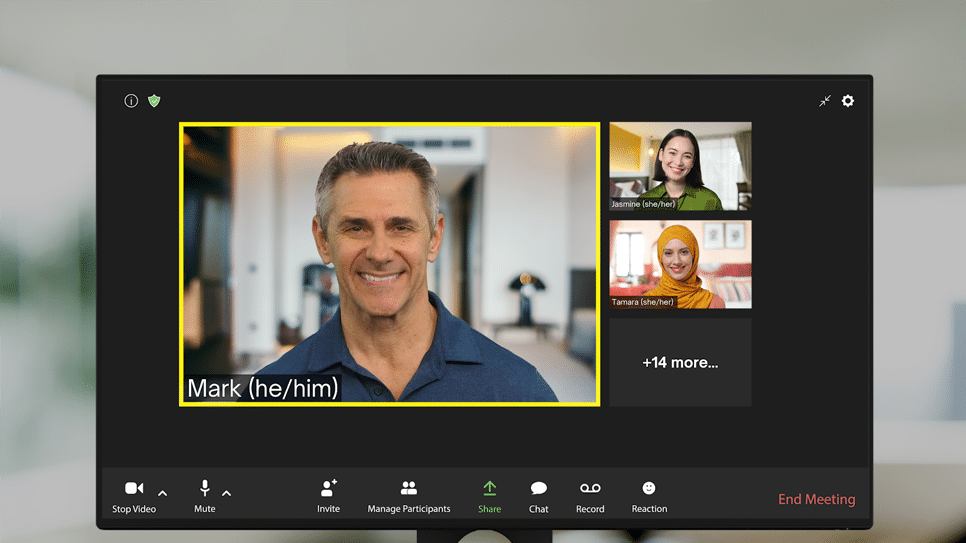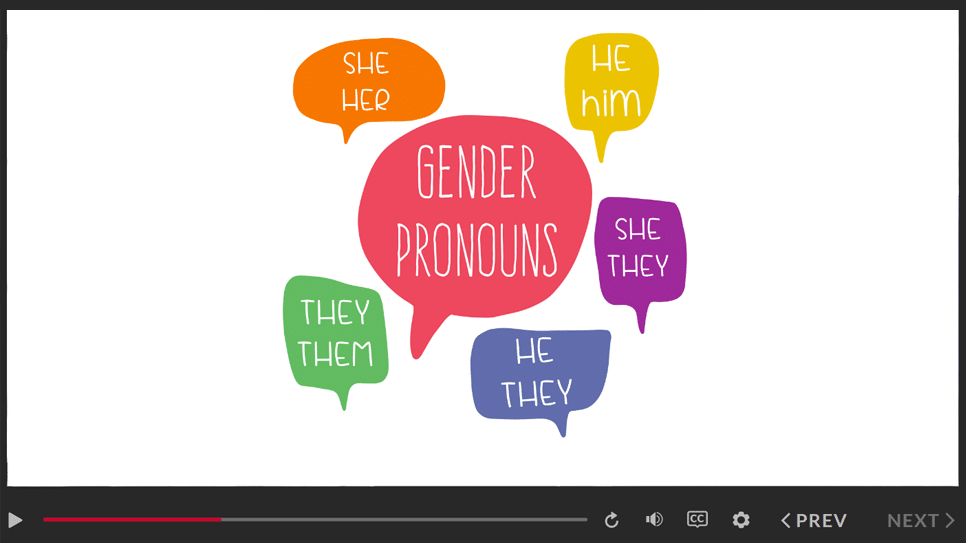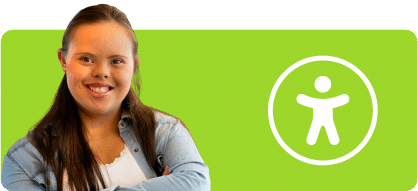Inclusive Language Training
Teaches your employees how to make their written and spoken language more inclusive and more effective.
Better everyday decisions
Using inclusive language at work can benefit everyone, as it is instrumental in fostering respectful and effective communication among co-workers.

Traliant’s Inclusive Language course covers these topics and more:
- Interactive, online training that teaches your employees how to make their written and spoken language more inclusive and more effective.
- Accessible for users with disabilities, as required by law
- Part of Traliant’s research based DEI Curriculum
Overview
Inclusive Language Training
The goal of communication is that the listener understands the meaning you are trying to convey. If listeners feel left out or offended by the words you use, they may not receive the intended message. By being aware of the way others might interpret the language we use, we can make sure that listeners feel included and our message is heard. This course teaches how to use inclusive language in the workplace to make our communication both more respectful and more effective.
In this course, you will learn how to:
- Recognize ways that language may explicitly or subtly exclude an individual or group
- Improve verbal and written communication by making language more inclusive
- Find resources to support your usage of inclusive language
Using inclusive language at work can benefit everyone, as it is instrumental in fostering respectful and effective communication among co-workers. Historically, everyday language has been subtly or not-so-subtly gendered and, as a result, has excluded large groups of people. Conversely, language that refers to personal characteristics like someone’s race, gender or age, even when they are not relevant to the topic, can leave people feeling excluded or singled out. Inclusive language training teaches how to be more aware of the language we choose and how simple changes in word choice can make a big difference.
To promote a positive and productive workplace, we must all strive to avoid workplace discrimination. In addition to Traliant’s Harassment Prevention training, Unconscious Bias training, Microaggressions and Subtle Acts of Exclusion Training and Bystander Intervention training, Inclusive Language training educates your employees in how to make their written and spoken language more inclusive and more effective.

Online Training
Inclusive Language Course
- How to Spot Non-Inclusive Language and Replace it with Inclusive Alternatives
- When is Gendered Language Appropriate and When is it Not
- Use of Preferred Names and Pronouns
- What to Do When You Make a Mistake
- When to Reference Personal Characteristics like Race, Gender and Age
- Resources for Checking Bias in Writing
Key Features
Go Beyond “Check-the-Box” Training with Traliant
It’s time to move beyond the traditional “check the box” mentality and embrace a new era of online compliance training that truly empowers your employees.

Accessible to Users with Disabilities
Traliant provides an inclusive experience for all users, including those with disabilities, by going beyond Section 508-C standards and offering WCAG 2.1 AA.

Course Customizations
Tailor courses to include your logo, relevant policies, workplace images, and more. Traliant can even customize the course with scenarios that take place in your own workplace environment.

Course Administration
Traliant makes it simple to roll out training to your workplace and provide technical support directly to your employees at no additional cost.
You may be interested in other courses from the same topic

Diversity, Equity and Inclusion at Work
3 courses
People with different backgrounds form powerful teams. Lead your employees in cultivating a diverse team to fuel innovation, productivity, and collaboration.
3 courses

Introduce respect and kindness to employee interactions, and cultivate a safe working environment based on inclusion and mutual understanding to help your organization thrive.
Help your employees make the right decisions, at the right moments
